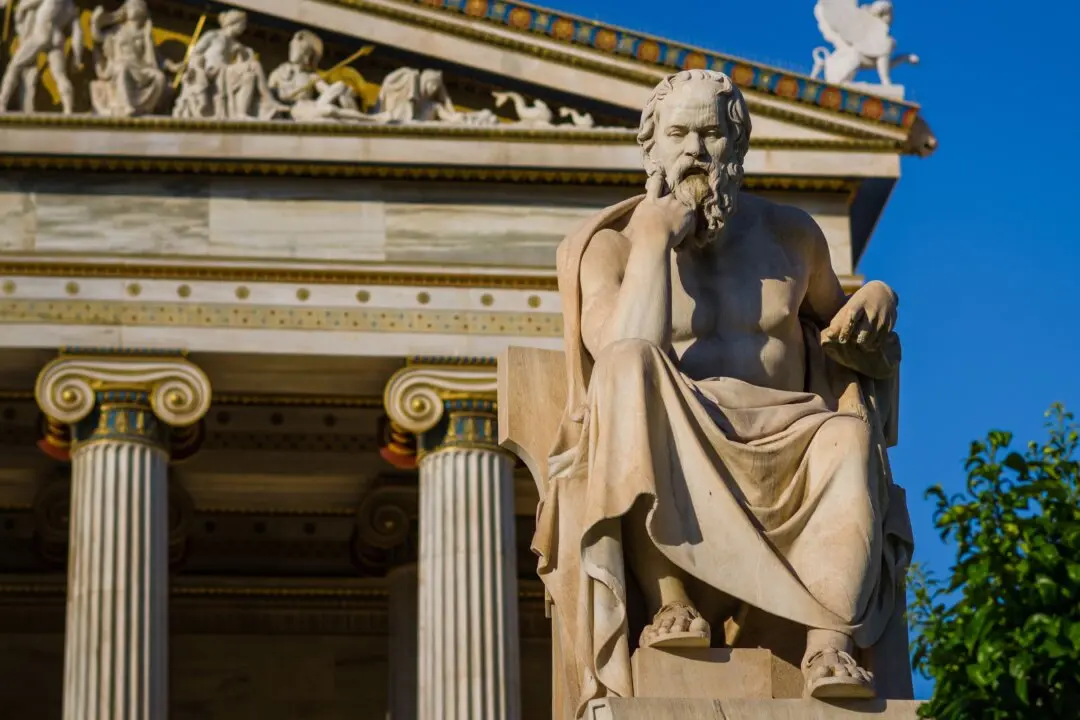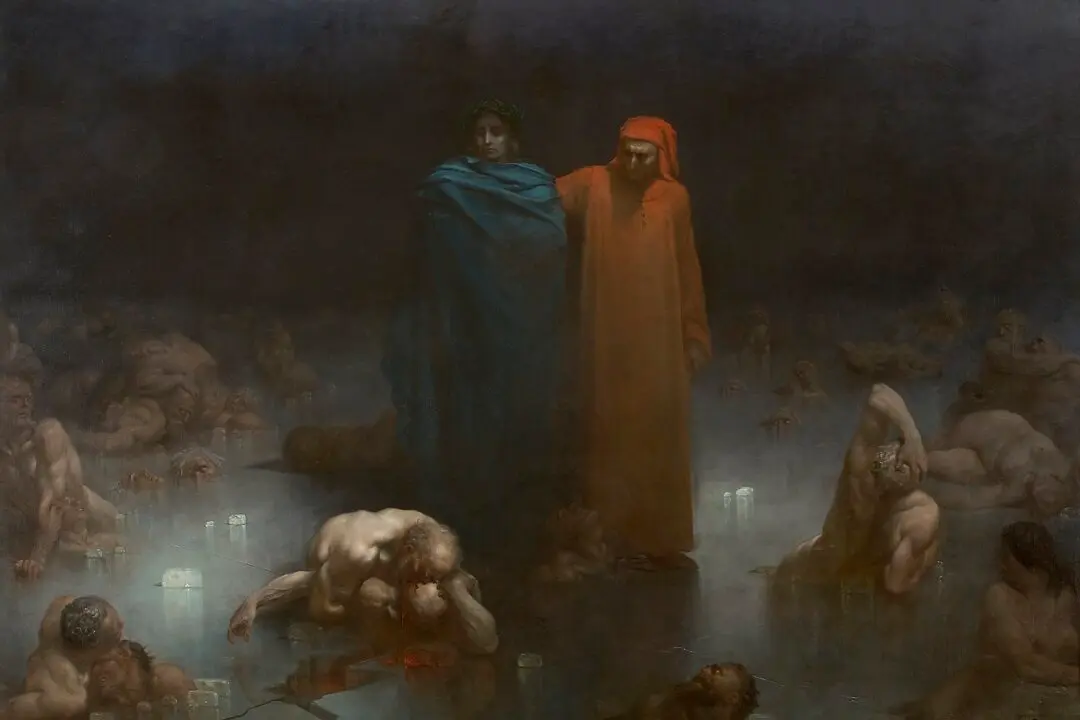Commentary
Back in 1966, liberalism never seemed better. The Civil Rights Movement had just concluded with the triumphant passage of the Civil Rights and Voting Rights Acts. Great Society programs such as the War on Poverty promised to curb other forms of inequity, too, with social servants showing the wisdom of the state in fixing what the market couldn’t.





